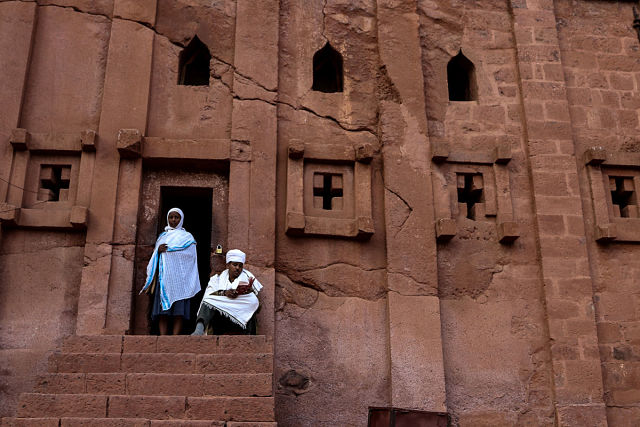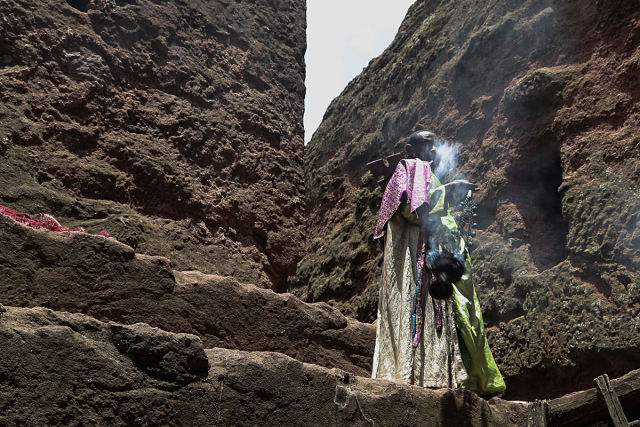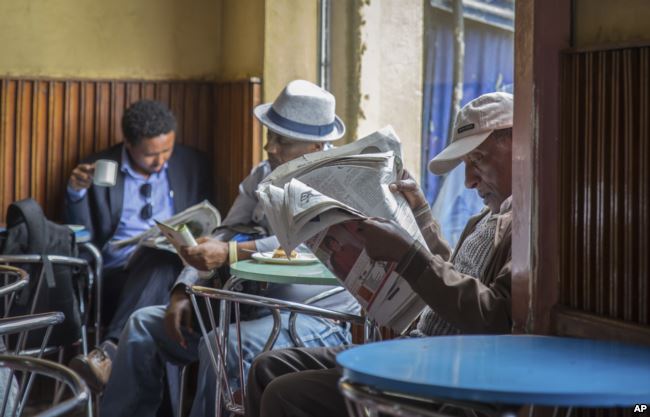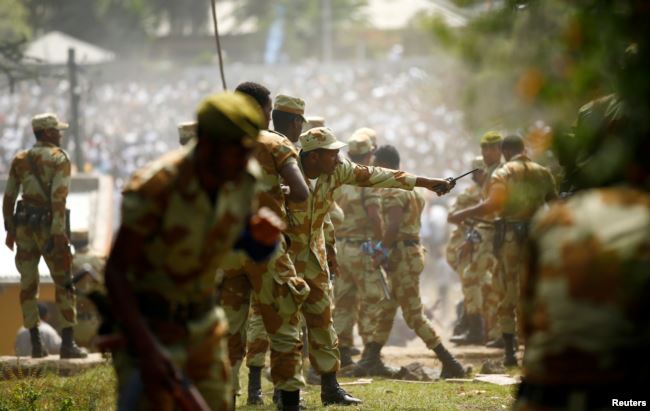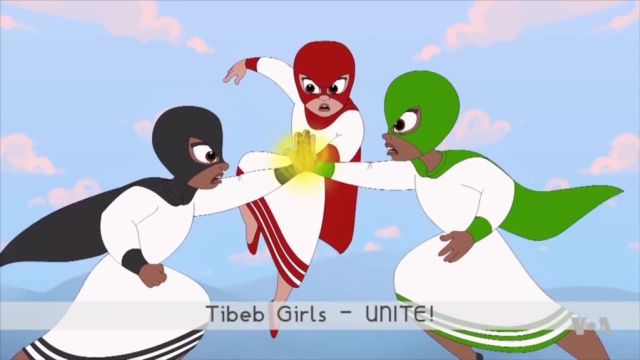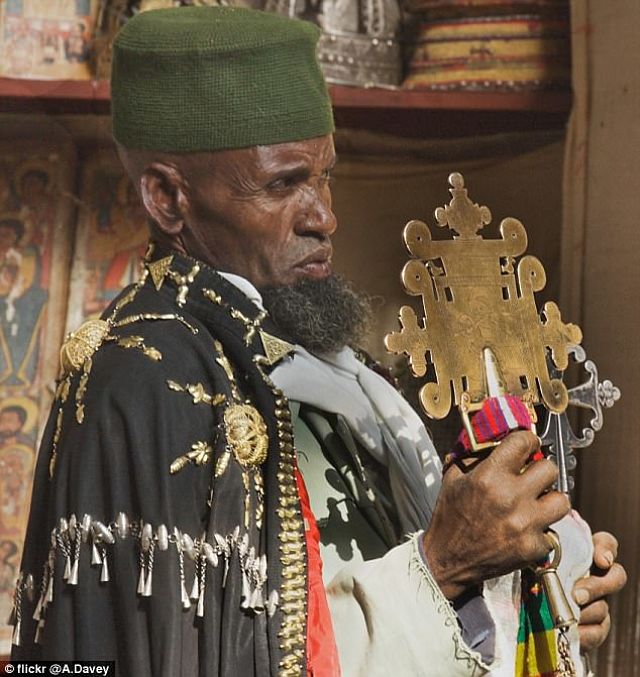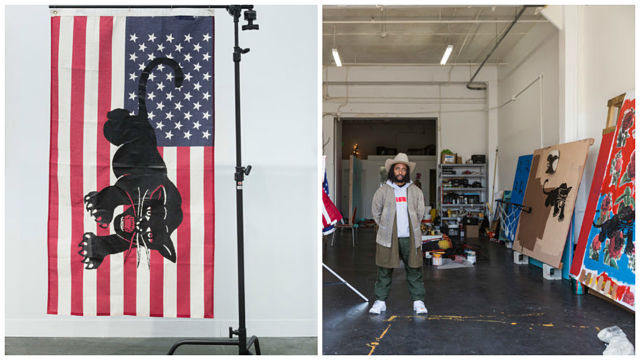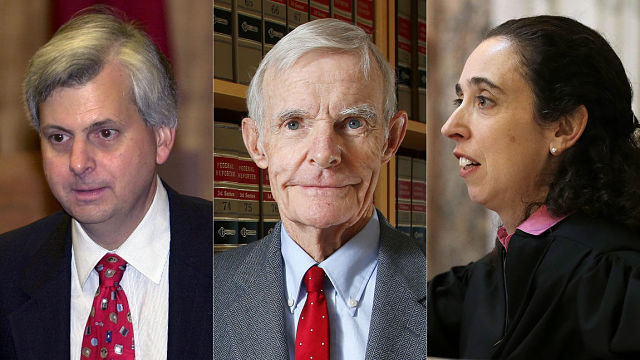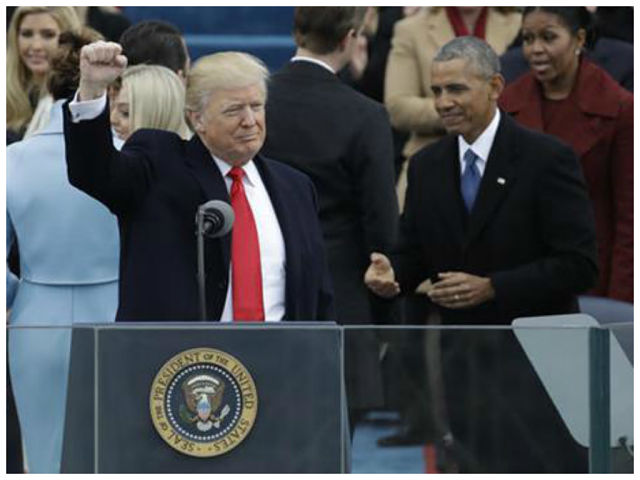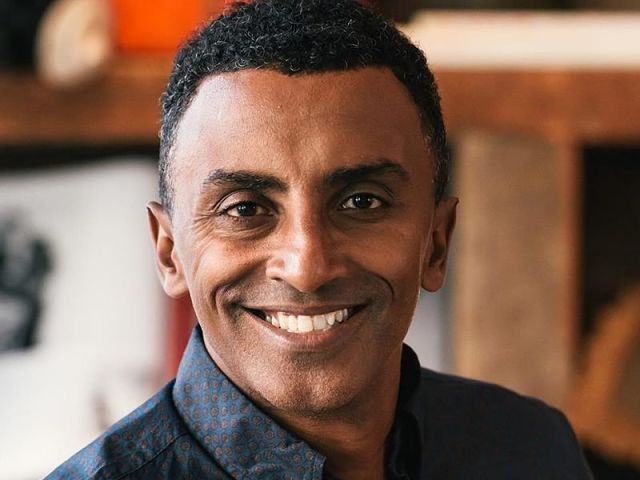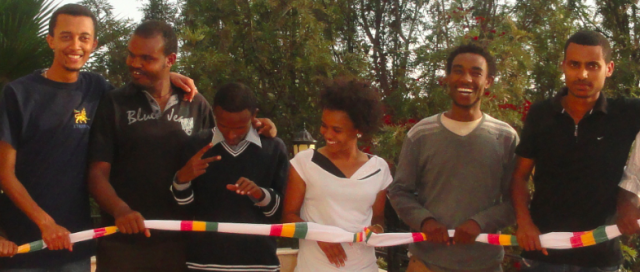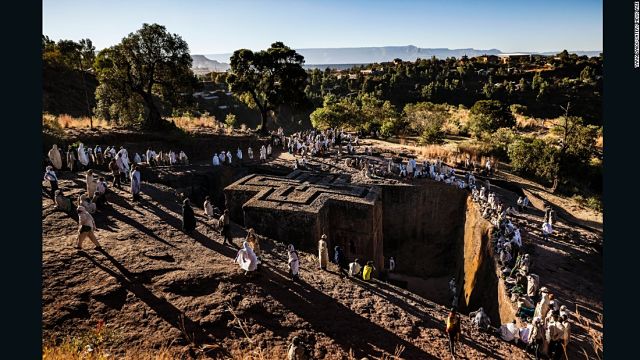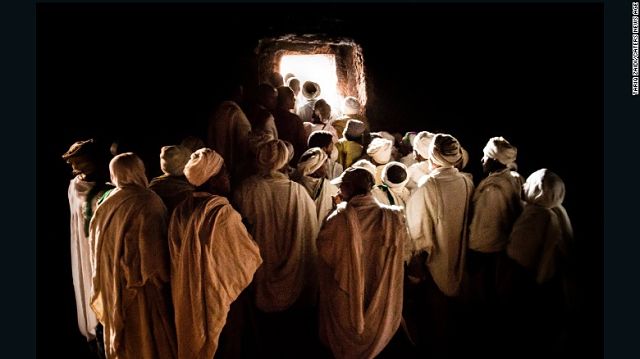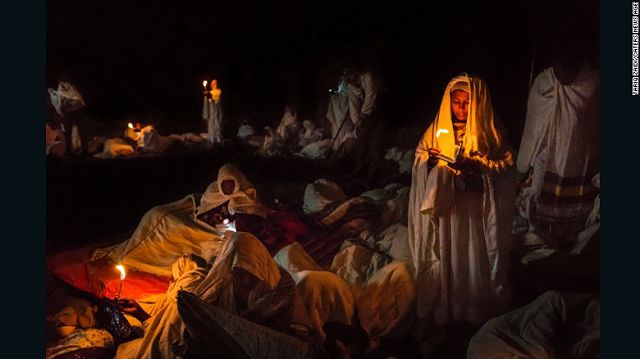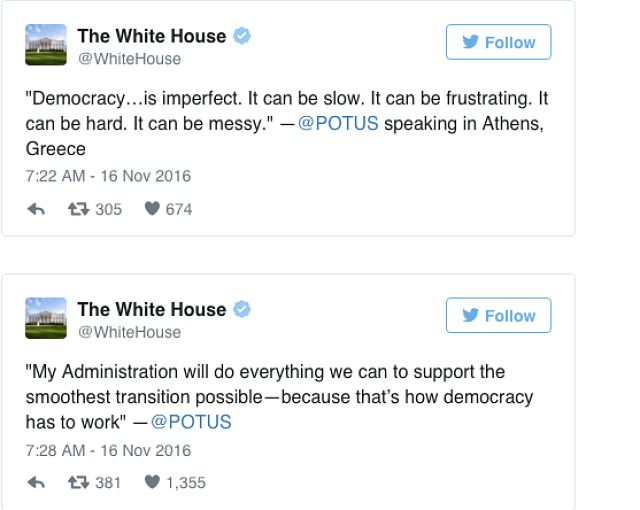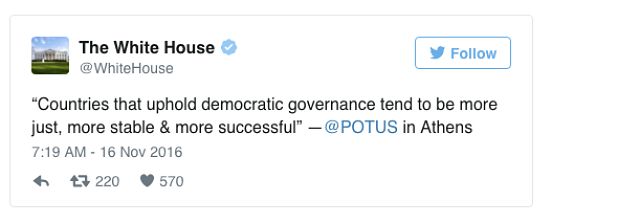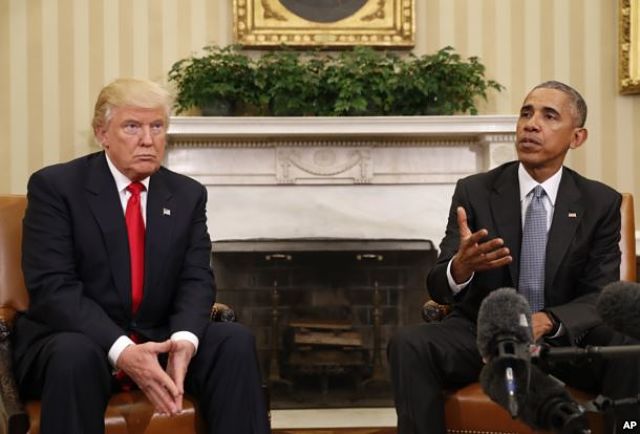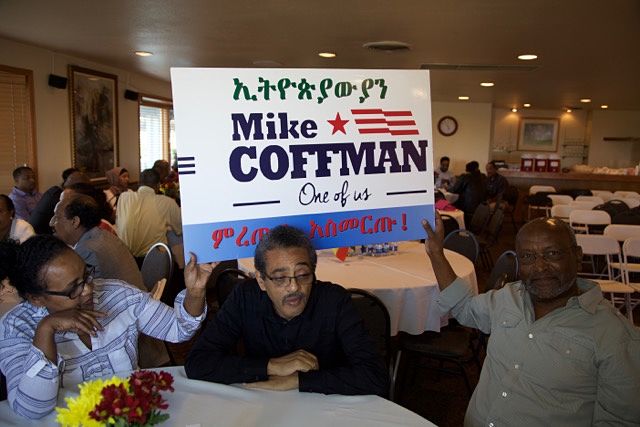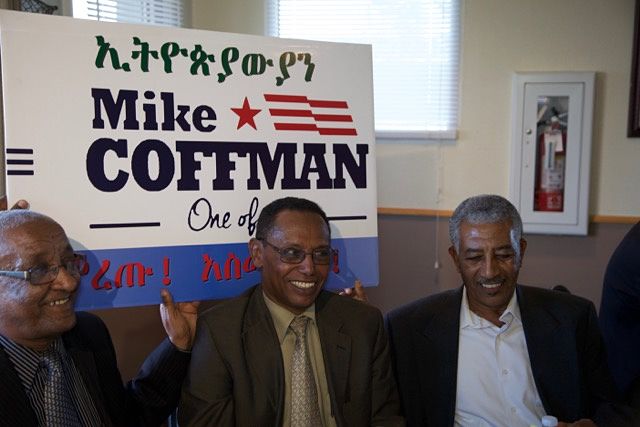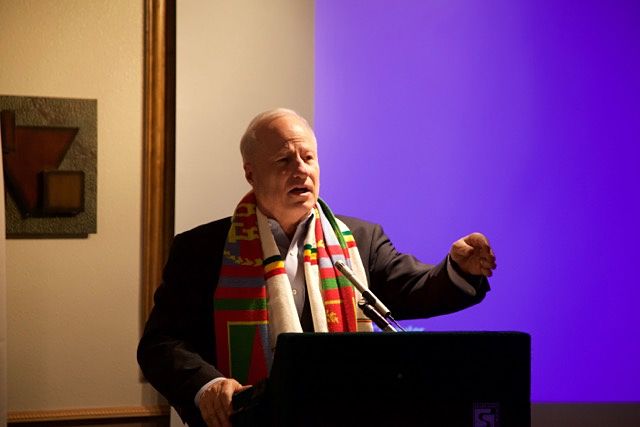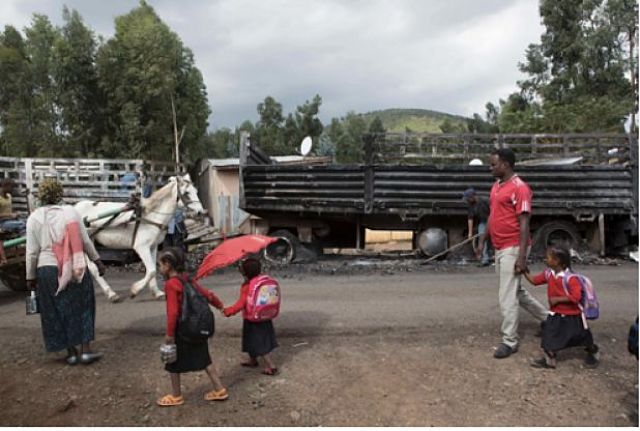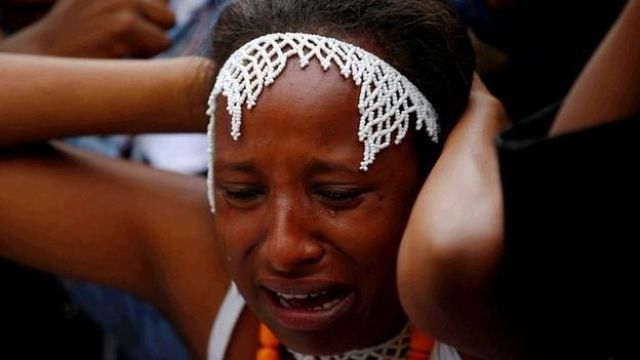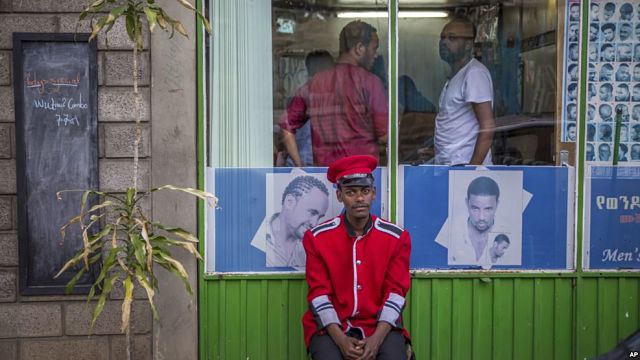VOA News
CIA Believes Russia Helped Trump Win White House
Updated: December 10, 2016
CAPITOL HILL — President Barack Obama has ordered the intelligence community to conduct a full review of “hacking-related activity aimed at disrupting the 2016 U.S. presidential election.”
After his announcement Friday, two leading U.S. newspapers — The New York Times and The Washington Post — reported Russia intervened in the recent U.S. presidential election to help Donald Trump win.
The Times reported Russians hacked the computers of both the Republican National Committee and the Democratic National Committee, but only released damaging material from the DNC.
The Democrats were plagued with leaked DNC emails as the presidential election drew near. The Times says intelligence agencies “have concluded that the Russians gave the Democrats’ documents to WikiLeaks.”
“We now have high confidence that they hacked the DNC and the RNC and conspicuously released no documents” from the RNC, an unnamed senior Obama administration official speaking about the Russians, told The Times.
The Times reports that individual Russians whom U.S. intelligence officials say are responsible for the cyberattacks have been identified, but none has been punished.
The Washington Post reported the CIA believes Russia intervened in the election to help Trump win. In a story posted on the newspaper’s website Friday evening, The Post quotes an anonymous official who says the goal of the interference “was to favor one candidate over the other, to help Trump get elected.”
CIA briefers told senators in a closed-door briefing it was now “quite clear” that
electing Trump was Russia’s goal, according to officials. (The Washington Post)
Role of Congress
Pressure is mounting from Democratic and Republican members of Congress, who are calling for a thorough and public investigation into Russian interference in the election.
The Post article says the White House had known about Russia’s interference for months, but could not decide how to best respond before the presidential election without “escalating tensions with Moscow and being accused of trying to boost Clinton’s campaign.”
The Post said, “The reluctance of the Obama White House to respond to the alleged Russian intrusions before Election Day upset Democrats on the Hill as well as members of the Clinton campaign.”
The newspaper says Senate Majority Leader Mitch McConnell, a Republican, doubted “the veracity of the intelligence” gathered about Russia’s interference and told the Obama administration that if it challenged the Russians publicly, he would see that act as partisan politics.
Months later, President-elect Trump chose McConnell’s wife as his nominee for transportation secretary.
Inquiry back to 2008
Eric Schultz, White House principal deputy press secretary, told reporters Friday there has been a pattern of malicious cyberactivity timed to coincide with U.S. elections. He said the investigation will be a “deep dive,” going back to the 2008 presidential elections, when cyber meddling was attributed to China.
Schultz said the investigation would look at any and all foreign interference, and investigators would go wherever the evidence leads them.
Asked about Russia’s role, Schultz said this type of activity is “nothing new for Moscow,” adding that the U.S. has seen Russia do this type of thing for years in Asia and across Europe.
Results of investigation
Schultz said the president has ordered that he be given the results of the investigation before he leaves office January 20. He said the White House would make public as much of the report as it can.
Schultz also explained this is not an effort to change the outcome of the U.S. elections, but to preserve the integrity of future U.S. elections by revealing the scope of what happened.
Trump team responds
President-elect Trump’s transition team released a statement late Friday that said, “These are the same people (the CIA) that said Saddam Hussein had weapons of mass destruction. The election ended a long time ago in one of the biggest Electoral College victories in history. It’s now time to move on and ‘Make America Great Again.’”
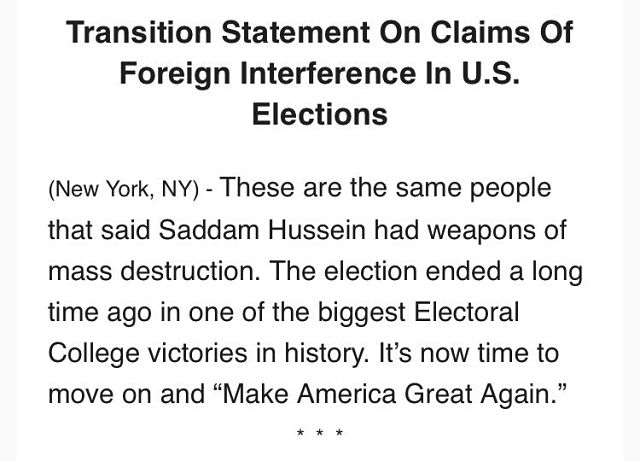
Earlier Friday, White House counter-terrorism adviser Lisa Monaco broke the news of the probe at a Christian Science Monitor breakfast.
“We may have crossed into a new threshold, and it is incumbent upon us to take stock of that, to review, to conduct some after-action, to understand what has happened and to impart some lessons learned,” Monaco said.
Some U.S. Congress members welcomed the announcement.
Democratic Representative Adam Schiff said in a statement, “The administration should work to declassify as much of it as possible, while protecting our sources and methods, and make it available to the public.”
In October, the Obama administration formally blamed Russia for a cyberattack into the Democratic National Committee and other political organizations. Wikileaks published excerpts from the hacked emails that were potentially damaging to Democratic nominee Hillary Clinton.
Trump repeatedly has downplayed any Russian interference in the U.S. election. During one debate, he said the cyberattacks could have been carried out by a “400-pound man sitting on his bed.”
Trump’s campaign said voters should focus on what was in the emails.
Congressional issue
Since Obama has only a few weeks left in office, the report may serve only to establish some facts for Congress to grapple with next year.
Several leading Senate Republicans, including John McCain and Lindsey Graham, say they are preparing to launch a widespread investigation into Russia’s interference in the election and its cyber threats to the U.S. military. Both senators have been critical of Trump’s praise of Russian President Vladimir Putin.
Graham told CNN, “I’m going after Russia in every way you can go after Russia. I think they’re one of the most destabilizing influences on the world stage. I think they did interfere with our elections, and I want Putin personally to pay the price.”
Putin has dismissed what he called U.S. hysteria over the hacking into Democratic Party organizations, saying it does not matter who hacked into the emails, and Americans instead should focus on their content.
—
Related:
Russian Hackers Acted to Aid Trump in Election, U.S. Says (The New York Times)
Secret CIA assessment says Russia was trying to help Trump win White House (The Washington Post)
Join the conversation on Twitter and Facebook.
